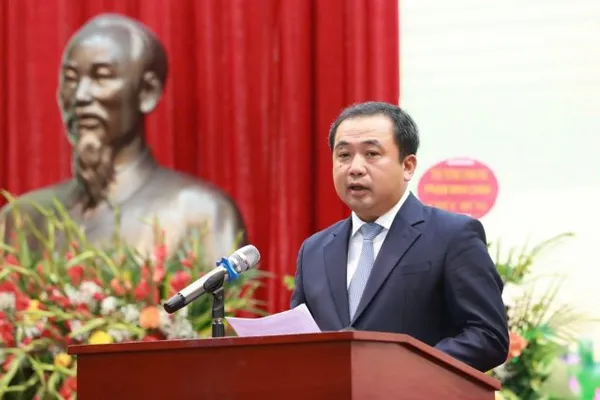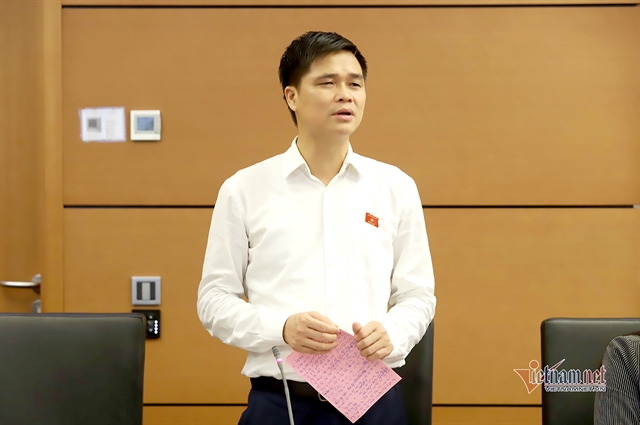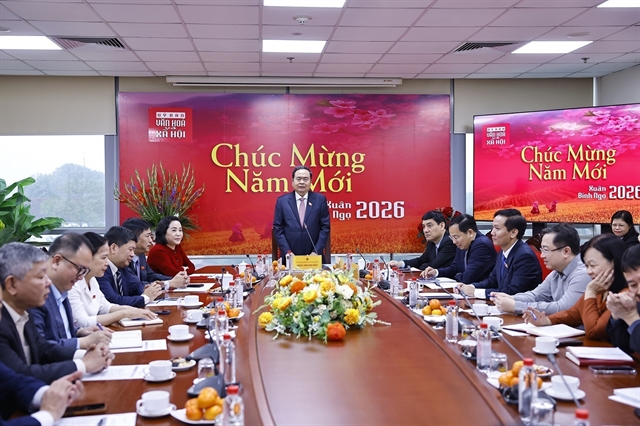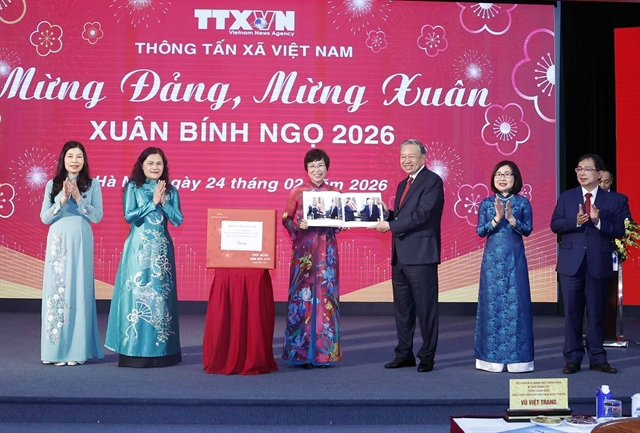 Opinion
Opinion

 |
| Ngọ Duy Hiểu, deputy chairman of the Việt Nam General Confederation of Labour. — Photo vietnamnet.vn |
Ngọ Duy Hiểu, deputy chairman of the Việt Nam General Confederation of Labour (VGCL) talks to Vietnamnet online newspaper about the concerns regarding the appointment of the VGCL as the investor of a social housing project for workers.
What is your response to comments that the proposal for the General Confederation of Labour to invest in a worker housing project lacks a solid legal foundation?
First and foremost, I would like to affirm that the proposal put forth by the General Confederation of Labour rests upon a robust theoretical and practical groundwork.
Among the current concerns of labourers is the issue of housing. This predicament gives rise to a cascade of challenges for workers, encompassing their living conditions, well-being, residential surroundings, childcare, safety and their ability to navigate emergencies such as the recent COVID-19 pandemic.
Addressing these concerns would not only foster a sense of security among employees but also bolster their commitment to their respective vocations.
At present, the demand for worker housing significantly outstrips the capacity of the State to fulfil it, while businesses, on the whole, exhibit limited enthusiasm for social housing initiatives. There is a pressing need to formulate legislation that can allure and channel resources from all corners of society, including trade unions, towards the construction of worker housing. This approach would not only cater to the immediate housing needs of labourers but also contribute to a more stable and dedicated workforce.
Furthermore, given our nation's active integration into various new-generation free trade agreements and increased international engagement, it becomes imperative for the State to institute a framework that enables the Trade Union to consistently assert its role, foster its influence, and showcase its inherent advantages. This approach should revolve around attracting and uniting workers, establishing a strong link with union members and employees.
In response to the pressing issue of workers' housing, significant strides have been made.
In 2017, in line with the proposal put forth by the General Confederation of Labour, the Prime Minister issued Decision No. 655, greenlighting the project "Investment in Constructing Trade Union Residences in Industrial Parks and Export Processing Zones."
This initiative was subsequently refined and updated through Prime Ministerial Decision No. 1729 in 2020.
The General Confederation has diligently communicated with pertinent authorities and established the Trade Union Institution Project Management Board. In practice, tangible progress has been realised across various regions.
Notably, the Trade Union Institution of Hà Nam Province, within the confines of Đồng Văn II Industrial Park in Duy Tiến Town, stands as a testament to these efforts.
This establishment, comprising five buildings, has been meticulously designed to accommodate a total of 244 apartments, all of which are exclusively allotted for worker habitation.
Recently, the Legal Committee of the National Assembly conducted a first hand survey, gaining insights into the living conditions and daily routines of workers. The practical implementation of these measures has demonstrated that, thus far, no significant issues have arisen.
How is the local response to this policy?
The execution of both Decision No. 655 and Decision No. 1729 has garnered robust support and enthusiastic anticipation from local authorities, residents, and particularly the workers themselves.
Currently, 36 localities have designated land for allocation to the General Confederation, with 13 of these localities having given the green light to detailed planning.
The strategic investment approach of the General Confederation is oriented exclusively towards rental properties, a strategy adopted to cater to the substantial demand for workers' accommodations amidst limited supply.
Emphasis is placed on directing investments towards challenging and emblematic regions. This dual focus serves the twin goals of addressing the pressing housing needs of workers while also solidifying the Trade Union's role as a unifying force for workers.
Could you elaborate on how the General Confederation of Labour mobilises investment capital?
Funding is sourced from both the amount saved from administrative expenses related to Project 655 and the Investment Fund of the General Confederation. The operational oversight is the Trade Union Institution Project Management Board, which boasts commendable professional capabilities.
Up to date, a solid foundation has been established, lending support to the inclusion of the General Confederation of Labour’s involvement in worker housing investment within the forthcoming Housing Law.
The engagement of trade unions in constructing worker housing is not only social welfare and economic considerations. It serves to also foster commitment among union members and employees to their respective professions while also attaining political significance on a grand scale. This participation significantly affirms and elevates the position and role of trade unions, effectively enabling them to fulfil their overarching mission. — VNS




